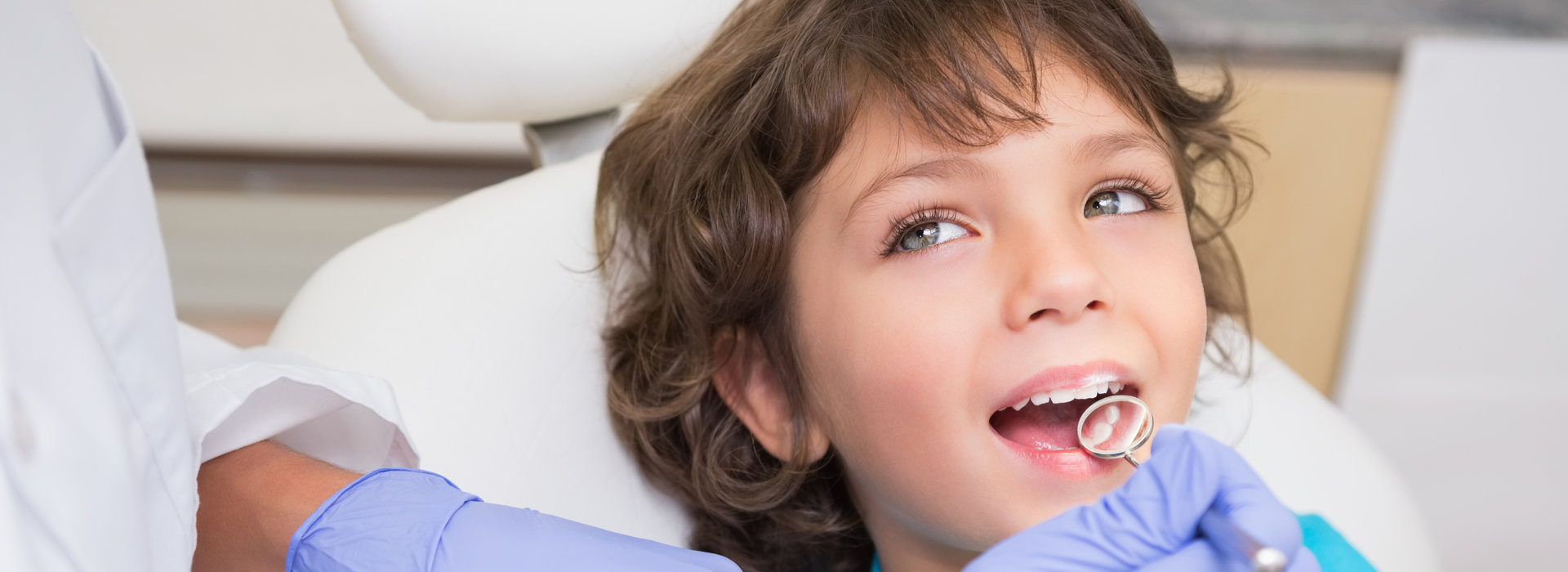What Is Preventative Care?
A Quick Rundown
Preventative care involves all the dental services that will help support your child’s dental health and make sure their teeth grow strong and healthy. As opposed to waiting for issues to come up and seeing a dentist to resolve them, preventative care can stop any worrying signs long before they are able to affect your child’s dental health.
Why Is Preventative Care Important for Children?
Preventative care addresses a variety of common dental issues children can face, such as cavities, plaque buildup, or even gum diseases. While having a good oral hygiene routine at home is essential, taking your child to the dentist for preventative care can greatly support these efforts and reduce the risk of extensive (and costly) dental procedures down the line.



What to Expect at Your Child’s Appointment
The Oral Exam
The dentist will first inspect your child’s teeth to see if any issues need to be addressed, such as beginning signs or tooth decay or issues with their bite or tooth alignment. Based on what they find, the dentist will make certain treatment recommendations.
The Treatment
If there are no pressing issues to address, the dentist can move on to preventative care services, which can be professional cleanings, screenings, or others.
The Happy Healthy Smile
South OC Pediatric Dentistry & Orthodontics knows children can feel anxious while seeing the dentist, which is why we have a compassionate approach and always great kids with warmth and smiles on our faces!
Preventative Treatment Options
Fluoride Treatments
These help make the child’s teeth stronger and can prevent tooth decay. The treatments use a bigger fluoride concentration than what you can find in regular toothpaste.
Dental Sealants
Involves applying a thin cover on the chewing surface of the teeth to prevent cavities from forming.
Periodontal Care
Cleaning the pockets around the teeth to make sure the gums and surrounding bone are healthy. The procedure reduces the risk of inflammation or gum disease.
Oral Cancer Screenings
Can help spot the signs of oral cancer right in the beginning stages, when the treatment is far more successful.
FAQs
Your common questions, answered!
Every child needs preventive care! These oral health services tie into your child’s tooth health and can help them grow strong and healthy, leaving your child with a happy smile.
At South OC Pediatric Dentistry & Orthodontics, we perfectly understand that children can feel hesitant or even scared to come to the dentist, which is why we take a special approach to explain to the child every single thing that will happen to them. We encourage parents to do the same, and talk with the child about what to expect during their appointment. We’re also available to help parents understand the process, so don’t hesitate to call our office with your questions!



